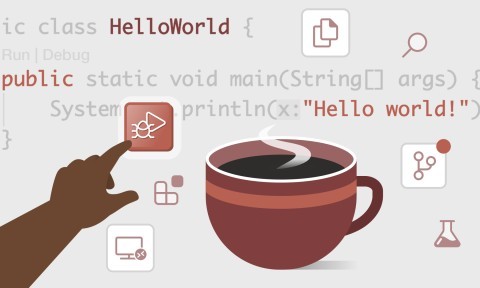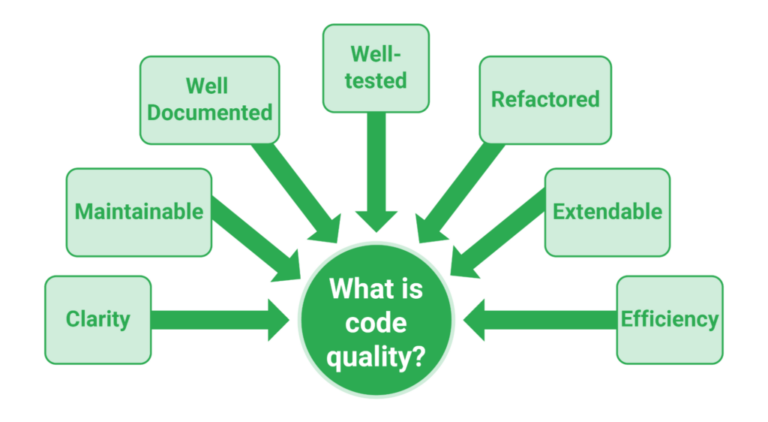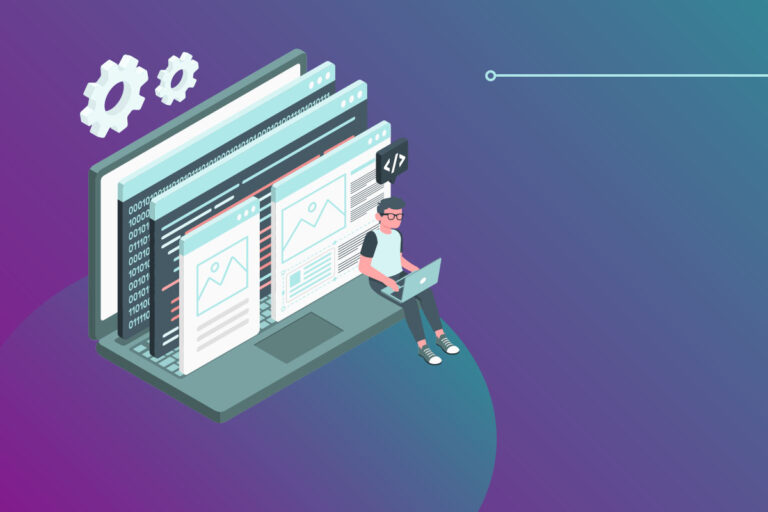Lazarus IDE: Extending Functionality with Plugins and Packages
Lazarus Integrated Development Environment (IDE) offers a robust and flexible platform for software development, but its capabilities can be further enhanced through the use of plugins and packages. In this article, we’ll explore how developers can extend Lazarus IDE’s functionality by integrating plugins and packages, unlocking additional features and tools to streamline their development workflow.

Understanding Plugins and Packages
- Plugins: Plugins are external modules or extensions that add new features or functionality to Lazarus IDE. These can range from code editors and version control integrations to language support and code generation tools.
- Packages: Packages are collections of units or components that can be easily installed and integrated into Lazarus IDE. They typically provide additional libraries, frameworks, or utilities to enhance the development experience.
Benefits of Extending Lazarus IDE
- Customization: Plugins and packages allow developers to customize Lazarus IDE to suit their specific requirements and preferences. Whether it’s adding support for new programming languages or integrating with external tools, developers can tailor Lazarus IDE to their needs.
- Productivity: By integrating plugins and packages that automate repetitive tasks or provide advanced features, developers can significantly improve their productivity and efficiency. This frees up time for focusing on more critical aspects of the development process.

Read about also: Building GUI Applications with Lazarus IDE
Popular Plugins and Packages for Lazarus IDE
- CodeTools: CodeTools is a powerful plugin for Lazarus IDE that provides advanced code editing features, such as code completion, syntax highlighting, and refactoring tools. It enhances the coding experience and helps developers write cleaner and more maintainable code.
- Version Control Integration: Lazarus IDE supports integration with version control systems like Git and SVN through plugins. These plugins enable developers to manage project versions, track changes, and collaborate with team members seamlessly.
- Database Connectivity: Plugins and packages for database connectivity allow developers to easily connect Lazarus IDE to various database systems, such as MySQL, PostgreSQL, SQLite, and more. This simplifies database development tasks and enables rapid application prototyping.
Installing and Managing Plugins and Packages
- Plugin Manager: Lazarus IDE provides a built-in Plugin Manager that allows developers to browse, install, and manage plugins directly from within the IDE. Developers can search for plugins by name or category and install them with a single click.
- Manual Installation: For plugins and packages not available through the Plugin Manager, developers can manually download the plugin files and install them by placing them in the appropriate directories within the Lazarus IDE installation folder.
Conclusion
Lazarus IDE with plugins and packages offers developers a versatile and customizable development environment. By integrating additional features and tools, developers can enhance their productivity, streamline their workflow, and build high-quality applications more efficiently. Whether it’s adding code editing enhancements, version control integration, or database connectivity, Lazarus IDE’s extensibility allows developers to tailor the IDE to their specific needs and preferences. Embrace the power of plugins and packages to unlock new possibilities in Lazarus IDE development.







